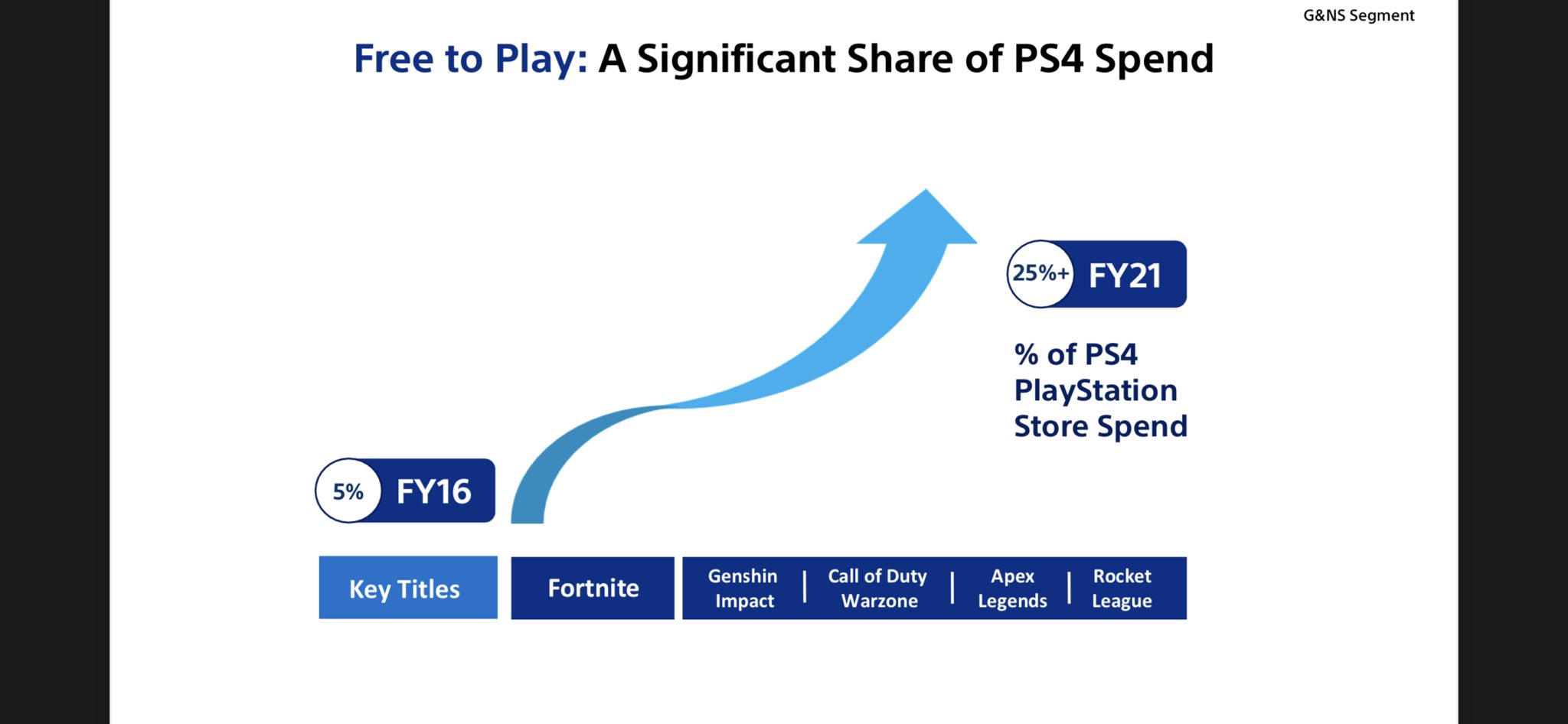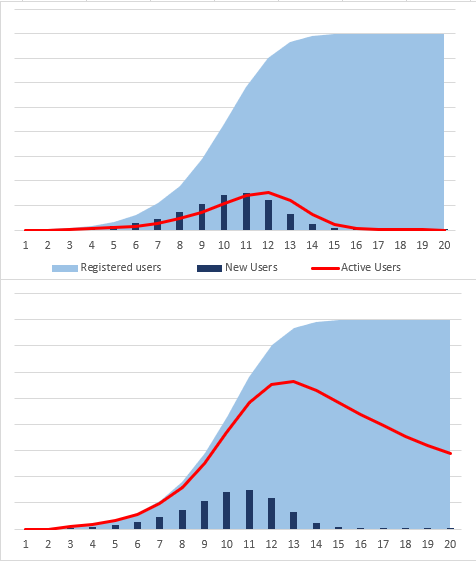- ARPDAUPosted 13 years ago
- What’s an impressive conversion rate? And other stats updatesPosted 13 years ago
- Your quick guide to metricsPosted 13 years ago
Value My Time, Don’t Time My Value

This guest post is part of a regular column contributed by Mark Sorrell.
Mobile games have understood the importance of treating people’s time with respect for years now. They load swiftly, get you into the actions quickly and reward you regularly. They understand you’re a busy person and they want you to have a meaningful time with them in, famously, the time it takes to order and receive a coffee in Starbucks. Mobile games are happy to respect the fact that you have a life and to fit in around it.
Console games don’t care about your time in the same way at all. Marketing-led and pay-up-front, they are trapped in a world where value for money is sold ahead of value for time, and hence a AAA console game must offer at least 40 hours of gameplay, or it can’t charge that £40 up front. Those 40 hours don’t all need to be great, they just need to be there. AAA don’t value your time, they time your value.
The issues with this as a commercial concern is well understood – superfans can’t pay big, many people don’t buy your product at all, piracy exists, you’re left shooting for a price point, not an experience – there are a multitude of reasons why the AAA console market is driven by commercial comfort, tradition and inertia.
But there is also a behavioural issue emerging. In a digital, downloadable era, with games on a hard drive, ready to be played at the press of a button, digital, downloadable console games don’t fit into lives in the way that mobile games do. I am now in a position where I don’t have to put a disc into my console. I can sit on my couch, and within arms reach, have a console, a tablet, Netflix. I can choose my entertainment without having to move.
This is a sort of behavioural penny-gap. The difference between ‘get up and put a disc in’ and ‘stay sat down’ is big. Consoles have now crossed that barrier physically, but not in terms of their design philosophy.
Nintendo have started to take this leap. The WiiU gamepad sits next to my iPad on the couch. I can turn the console on and start looking at which game I want to play before I’ve even turned the telly on. In fact , I don’t even have to turn the telly on at all. The way that this new habit pushes me towards paying £49.99 for a digital download instead of £39.99 for a disc is surely good news for Nintendo’s bottom line.
But in general, console games still haven’t grasped this need to map to behaviours. Yes, you *can* get me to sit there for hours on end, grinding away at your game. And if I have to stand up and get the box and take the disc out of the box and put the disc in the console and sit down and so on and so forth, then you may as well.
But now I don’t need to do those things, so you don’t need to give me hours of unbroken gameplay. Now there’s a potential market for games imagined from the ground up to be both console experiences and a snack. Games that you can be playing in a minute, for a minute.
And if my console is going to be the way I watch TV, watch movies, my media centre, then these smaller, snackier experiences are even more important, and even more suitable and even closer to existing behaviours. These are the small nimble games that can exist in the gaps left by the huge, rumbling AAA extravaganzas. If you want your game to be a habit, rather than an experience, then start with the behaviour. At the start of a play session, at the end of a play session, in an ad break, before the show starts, after the show ends. These are all areas a smart console developer can piggy back now. Let’s get to it.











